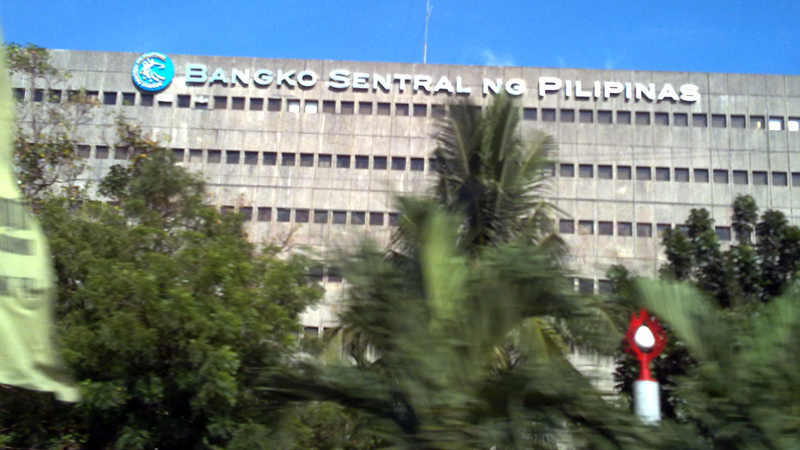After the Bangko Sentral ng Pilipinas (BSP) announced its twin monetary tightening moves last week, most economists now believe that the central bank will maintain its “hawkish” stance and may even raise key rates in the near term.
Last week, the central bank hiked the overnight policy rates and special deposit account (SDA) rates by 25 basis points. Economists from JP Morgan, Barclays, ANZ and Maybank Kim Eng recently then issued research notes projecting further monetary tightening for the rest of the year.
On the other hand, economists from Bank of the Philippine Islands, HSBC and Citigroup expect the BSP to pause for the year and resume its hawkish actions by 2015.
For BPI, the BSP will shift into neutral gear after last week’s decision.
“We, however, see another 50-basis point cumulative increase in the SDA and RRP rates in 2015 as local monetary policy adjusts to US policy normalization,” BPI said in a research note authored by a team led by economist Emilio Neri Jr.
“A risk to our base scenario is the possibility that the BSP could become more aggressive, if food supply continues to be unstable in the coming months. This risk has increased as a recent decision of the Philippine government to reject offers from Vietnam and Thailand to sell rice due to disagreement on price,” BPI said.
In a separate paper, Citigroup economist for the Philippines Jun Trinidad said last week’s shift in rates likely was a “one-time event.”
Trinidad said that if the country’s second semester gross domestic product were to grow by a pace of 7 percent or more, this would likely trigger another 50-basis point tightening by the first quarter of 2015. However, he noted that logistical bottlenecks, power supply constraints and fiscal underspending were enough reasons to doubt a return to a 7-percent growth range.
HSBC economist Trinh Nguyen said the BSP may pause in October and even potentially in December if no additional supply shocks occur. “The September inflation data will be most important for the October meeting and we believe that headline inflation will decelerate sharply,” she said.
JP Morgan is anticipating another 25-basis-point hike in both the overnight policy and SDA rates in the fourth quarter of 2014, and another 50-basis-point rise in 2015. With inflation risks still tilted to the upside on food and infrastructure issues, JP Morgan economist Sin Beng Ong said the central bank would likely keep its tightening stance intact in the fourth quarter.
ANZ, on the other hand, expects the BSP to deliver another 25-basis-point hike in its overnight borrowing rate in October, noting that the increase in overnight rate, rather than the SDA rate, would be less costly as far as weighted cost of capital is concerned.
Barclays said in a research note that if inflation over the next two to three months were to remain close to current levels, the risk of another 25-basis-point hike in the next two meetings cannot be discounted.
For its part, Maybank Kim Eng sees scope for the BSP to hike its overnight policy rates by a total of 50 basis points for the rest of the year if inflationary threats would persist.
The BSP’s policymaking Monetary Board has two more monetary setting meetings scheduled for this year: Oct. 23 and Dec. 11.


